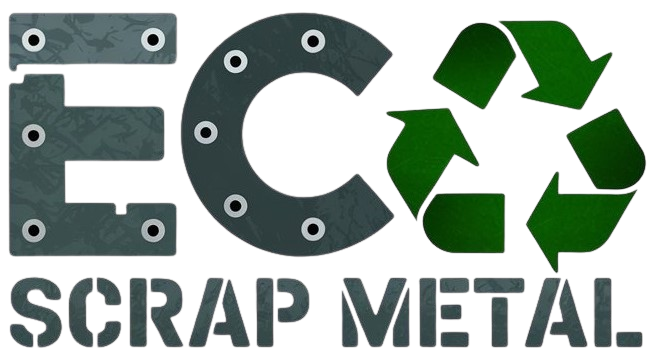Scrap Metal Around the House After Demolition
If you’ve recently gone through a home demolition or major renovation, chances are your property is littered with leftover materials—wood, drywall, bricks, and, more valuably, scrap metal. While it might look like a pile of junk at first glance, that metal could be worth real money.
Whether you’re a homeowner, contractor, or DIY renovator, here’s how you can identify, sort, and sell your scrap metal after demolition—and turn waste into cash.
What Scrap Metal Can You Find After Demolition?
Home demolitions often yield a surprising amount of scrap metal, including:
- Copper wires and pipes – Often found in electrical systems and plumbing.
- Aluminum siding and gutters – Lightweight and recyclable.
- Steel beams and rebar – Common in structural frameworks.
- Brass fittings – Found in older plumbing fixtures.
- Stainless steel appliances – Dishwashers, ovens, and fridges often have valuable components.
These metals vary in value, with copper and brass typically being the most profitable.
Why You Shouldn’t Just Toss It
Throwing scrap metal into a dumpster is not only wasteful, but it’s also a missed financial opportunity. Scrap metal can be recycled and reused in manufacturing, reducing environmental impact. More importantly for you, many local scrap yards or recycling centers will pay you cash for it.
Some scrap yards even offer pick-up services if you have a large load, making it easier than ever to get paid for what might otherwise end up in a landfill.
How to Sell Your Scrap Metal
- Separate by Type – Keep copper, aluminum, steel, and brass separate. Mixed metals may fetch a lower price.
- Remove Non-Metal Attachments – Strip away wood, plastic, or insulation to get top dollar.
- Weigh and Estimate Value – Use a household scale or get a rough idea of weight before heading to the scrap yard.
- Find a Local Buyer – Search for reputable scrap metal buyers or recycling centers nearby.
- Get Paid – Most facilities will weigh your load and pay you based on the current market rate.
Quick Tips to Maximise Your Return
- Clean your scrap – Clean metal (free of insulation, paint, or debris) often sells for more.
- Watch market prices – Like any commodity, scrap metal prices fluctuate. Selling when prices are high can increase your payout.
- Use a magnet – This helps quickly distinguish ferrous (magnetic) from non-ferrous (non-magnetic) metals. Non-ferrous metals usually bring in more money.
Final Thoughts
Demolition can be messy, but hidden in that rubble is a golden (sometimes quite literally) opportunity. Scrap metal isn’t just junk—it’s a chance to earn cash, reduce waste, and maybe even offset some of your renovation costs.
Before you haul everything off to the landfill, take a closer look. Your scrap metal could be worth far more than you think.

